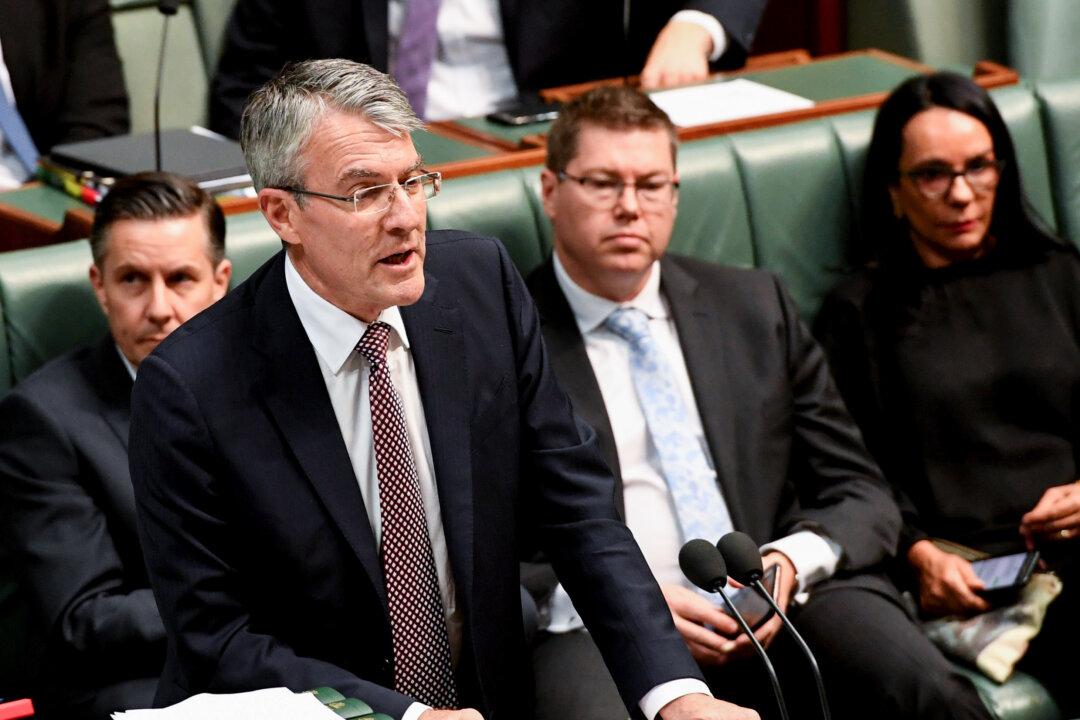The head of the investigation into alleged Australian war crimes in Afghanistan has been named as the first federal anti-corruption chief.
New South Wales (NSW) Court of Appeal judge Paul Brereton will lead the National Anti-Corruption Commission, which will operate independently of the government and be able to launch inquiries on its initiative or in response to referrals, including from whistleblowers and the public.





